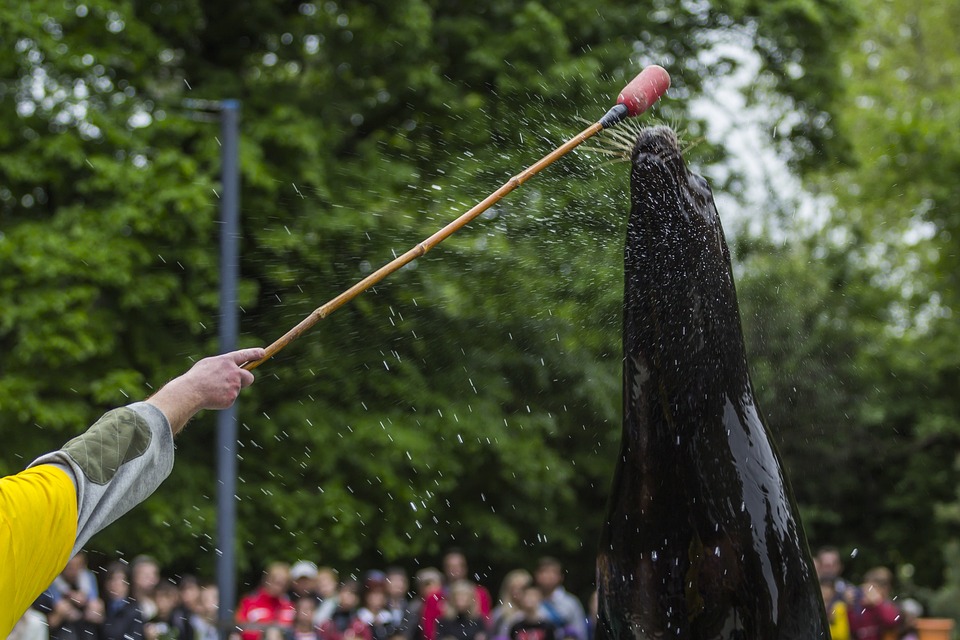Fish tank parental care plays a crucial role in maintaining a healthy and thriving aquarium. Understanding and supporting parental care behaviors is essential for the well-being of your fish and the successful reproduction of your aquarium inhabitants. In this article, we will explore various ways to support fish tank parental care and answer frequently asked questions.
Parental care in fish refers to the behaviors exhibited by adult fish to protect their eggs or fry. This care can range from simply guarding the eggs to actively providing nourishment or carrying the eggs in their mouths until they hatch. Fish that exhibit parental care are more likely to have higher survival rates, resulting in a healthier and more robust population in your aquarium.
To support parental care, it is essential to provide adequate shelter in your fish tank. Many species of fish prefer to lay their eggs or raise their fry in secluded areas, such as caves, crevices, or dense vegetation. Incorporate appropriate hiding spots into your aquarium setup, such as rocks, driftwood, or artificial plants, to create safe and secure areas for parental care.
Maintaining optimal water quality is crucial for the health and success of fish tank parental care. Poor water conditions can lead to stressed or sick fish, reducing their ability to care for their offspring. Regularly test your water parameters, including temperature, pH, ammonia, nitrite, and nitrate levels, and ensure they remain within the recommended range for your specific fish species.
When supporting fish tank parental care, it is important to provide suitable food for both the adult fish and their offspring. Depending on the species, you may need to offer specialized foods such as live or frozen brine shrimp, daphnia, or micro worms for the fry. Make sure to research the dietary requirements of your specific fish species and provide a varied and nutritious diet to support their parental care efforts.
Stress can negatively impact fish tank parental care, so it is crucial to create a stress-free environment for your fish. Avoid sudden changes in water parameters, maintain a consistent feeding schedule, and minimize disturbances in the aquarium environment. Additionally, ensure that the tank is appropriately sized for the number of fish you have and provide ample hiding places to reduce aggression and territorial disputes.
Now, let’s address some frequently asked questions about fish tank parental care:
Q: How long does parental care typically last in fish?
A: The duration of parental care varies among fish species. Some may only guard their eggs for a few days, while others may care for their fry for several weeks or even months.
Q: Can all fish species be bred in captivity?
A: Not all fish species are easily bred in captivity. Some species have complex breeding requirements or exhibit behaviors that are challenging to replicate in an aquarium setting.
Q: Are there any specific signs to look for to determine if fish are engaging in parental care?
A: Yes, signs of parental care include increased aggression or territorial behavior, nest building or preparation, mouthbrooding, or actively guarding eggs or fry.
Q: How can I encourage fish to exhibit parental care?
A: Providing suitable breeding conditions, appropriate tank mates, and a well-balanced diet can encourage fish to exhibit parental care behaviors. Research the specific needs of your fish species and replicate their natural habitat as closely as possible.
Q: Is it necessary to separate the fry from the adult fish?
A: Depending on the species, it may be necessary to separate the fry from the adult fish to prevent predation. Some fish may cannibalize their own offspring, while others may not pose a threat. Research your fish species to determine the best course of action.
In conclusion, supporting fish tank parental care is vital for maintaining a healthy and thriving aquarium. By providing adequate shelter, maintaining water quality, offering suitable food, and minimizing stress, you can create an environment that encourages and supports fish reproductive behaviors. Remember to research the specific needs of your fish species and always prioritize the well-being of your aquatic companions.









